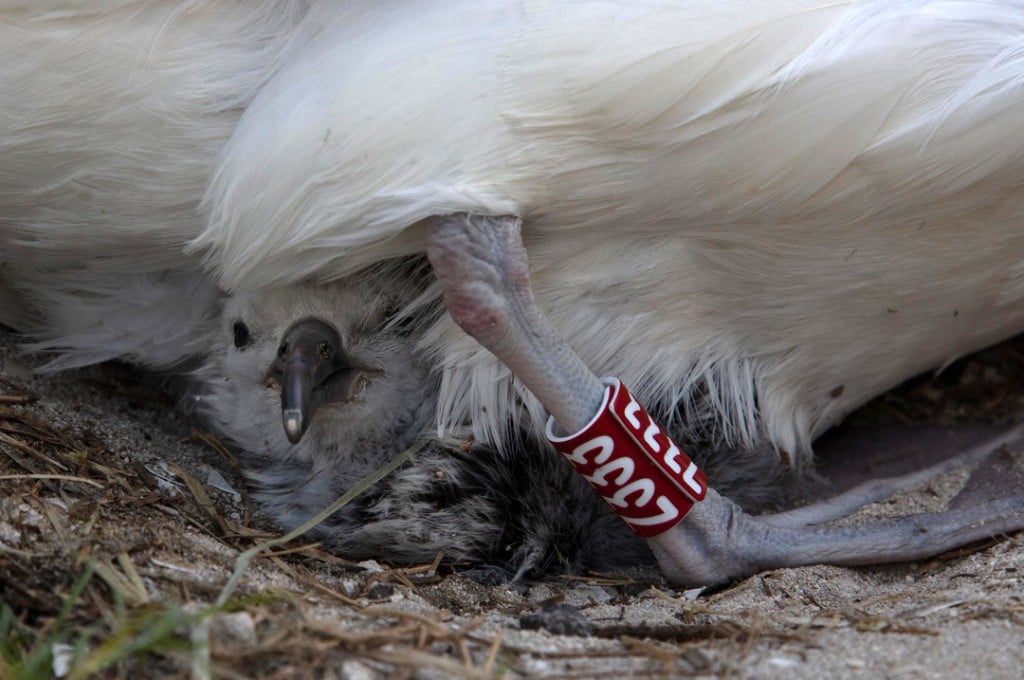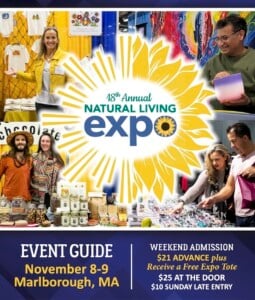Good News Headlines 2/26/2024

The wooden LignoSat satellite that will burn into ash when it re-enters the atmosphere [artist’s impression]. Photograph: Kyoto University
Japan To Launch World’s First Wooden Satellite To Combat Space Pollution
by Robin McKie, The Guardian
Japanese scientists have created one of the world’s most unusual spacecraft – a tiny satellite that is made of timber. The LignoSat probe has been built of magnolia wood, which, in experiments carried out on the International Space Station (ISS), was found to be particularly stable and resistant to cracking. Now plans are being finalised for it to be launched on a US rocket this summer. The timber satellite has been built by researchers at Kyoto University and the logging company Sumitomo Forestry in order to test the idea of using biodegradable materials such as wood to see if they can act as environmentally friendly alternatives to the metals from which all satellites are currently constructed.
Unprecedented Gift Preserves 8,000 Acres Of ‘The Land Between The Rivers’ In Alabama: ‘America’s Amazon’
by Andy Corbley, Good News Network
When considering the great victories of America’s conservationists, we tend to think of the sights and landscapes emblematic of the West, but there’s also a rich history of acknowledging the value of the wetlands of America’s south. These include such vibrant ecosystems as the Everglades, the Great Dismal Swamp, the floodplains of the Congaree River, and “America’s Amazon” also known as the “Land Between the Rivers”—recently preserved forever thanks to generous donors and work by the Nature Conservancy (TNC). With what the TNC described as an “unprecedented gift,” 8,000 acres of pristine wetlands where the Alabama and Tombigbee Rivers join, known as the Mobile Delta, were purchased for the purpose of conservation for $15 million.
When A Preschool Was Opened Inside A Dementia Care Home, All Heaven Broke Loose
by Andy Corbley, Good News Network
They say it takes a village to raise a child. Centered on that concept of communal flourishing, a dementia care village in England has incorporated a day nursery for small children—bringing together young and old for learning and sharing. Stimulation, learning, and fun—these are all activities that are known to delay the progression of dementia, and what better way to add these critical elements of life to a daily regimen than to let a flock of preschoolers do it? Belong is a nonprofit operator of senior homes, specializing in dementia care. They have senior care villages in the country’s northwest, and West Midlands regions. But this is the first to integrate children.
Plantwatch: Redwoods Make Amazing Recovery After California Wildfire
by Paul Simons, The Guardian
In August 2020, wildfire burned almost the entire Big Basin Redwoods state park in California, scorching ancient redwood trees, some dating back more than 1,500 years. Redwoods are naturally fire resistant thanks to their thick bark, but the wildfire was so intense and flames so high the trees’ foliage was destroyed, even in tree canopies more than 300ft high. It was feared the redwoods would never recover, but a few months later something incredible happened – many of the trees began sprouting tiny leaf needles from blackened trunks and branches, and two years later the forest had turned green. Much of this fresh growth sprouted from buds, some buds having lain dormant for more than 1,000 years.
Nonprofit Diverts An Ocean Plastic Tide, Removing 2 Million Pounds Of Trash From Waterways
by Good News Network
The TerraCycle Global Foundation reached an impressive milestone last month, announcing that they’ve removed over 2 million pounds of waste from rivers, canals, and waterways. Since its founding, the nonprofit organization has targeted ocean pollution right at its source—waterways. When polluted, they send waste directly to oceans, harming sea life and the environment. Over 1000 tons have been diverted and recycled. And, because the Foundation is founded by New Jersey-based TerraCycle—a two decades-old company known for turning plastic waste into useful items for sale—none of the litter collected ever goes to waste.










